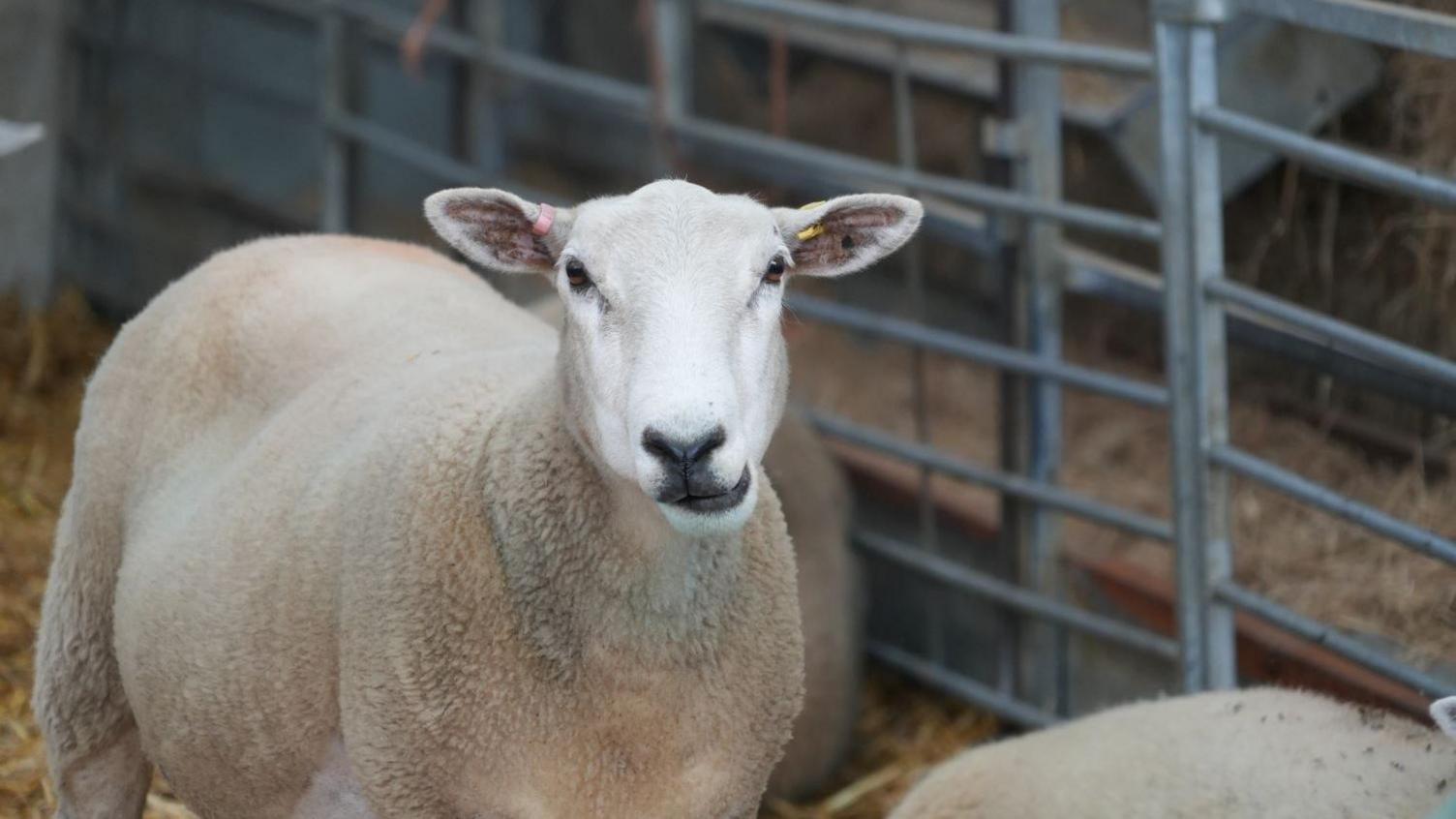Farmers warned after bluetongue case identified
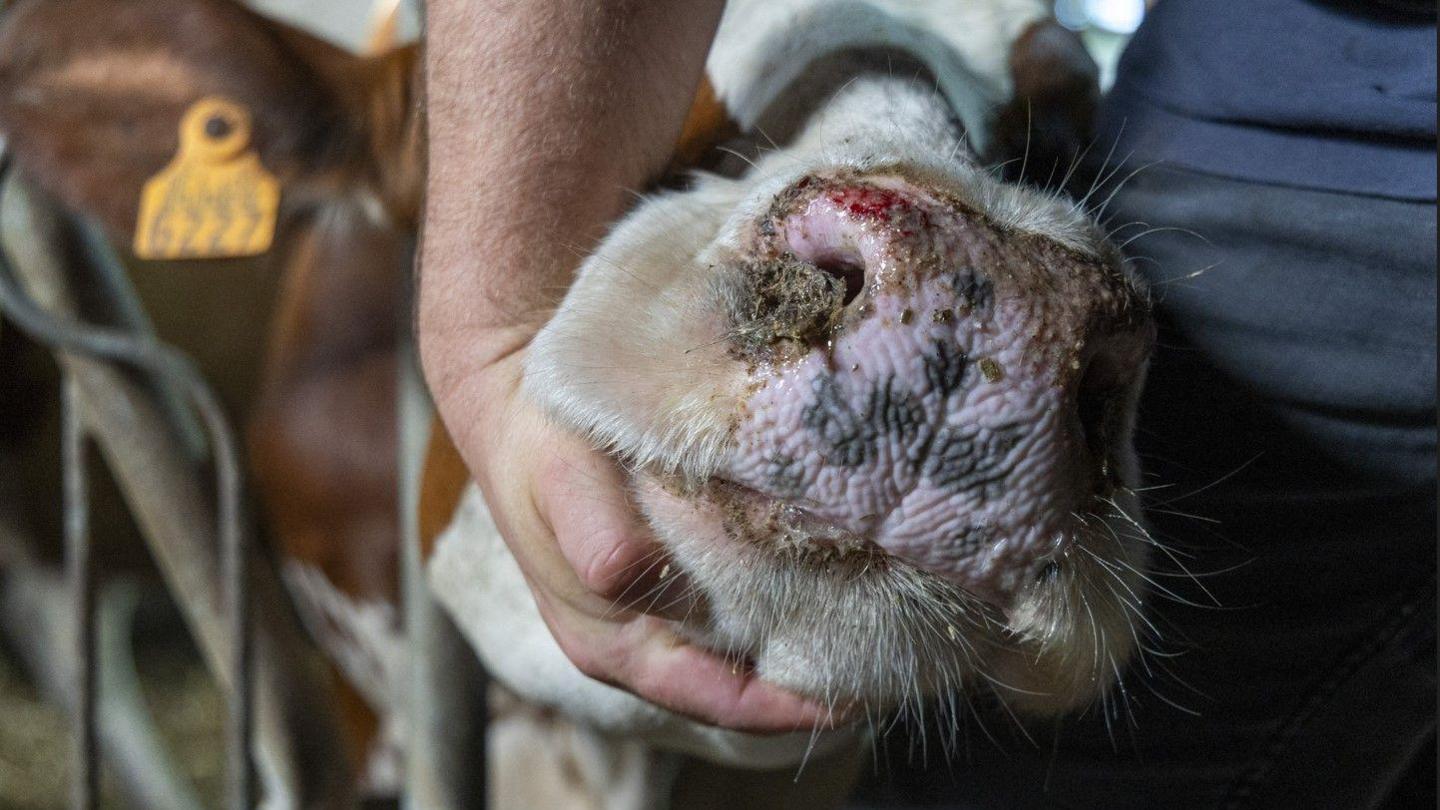
Scabbing around the mouth and nostrils is one of the symptoms of bluetongue disease in cattle
- Published
Farmers in Shropshire have been put on alert after a single case of bluetongue virus was discovered in the county.
The disease affects cattle and sheep, causing skin damage, fever and potentially death.
The affected farm, the location of which has not been revealed, has had movement restrictions imposed and the infected cow has been culled.
Shropshire is not in the current restriction zone for the disease, external, but the animal was moved from an affected area before movement rules were introduced.
Shropshire Council's animal health team has advised livestock farmers to watch for symptoms of the disease, and report any suspected cases by calling the Department for Environment, Food and Rural Affairs (Defra) Rural Services Helpline.
The disease has been spreading in the east of England in recent weeks, with formal restrictions in place on the movement of animals.
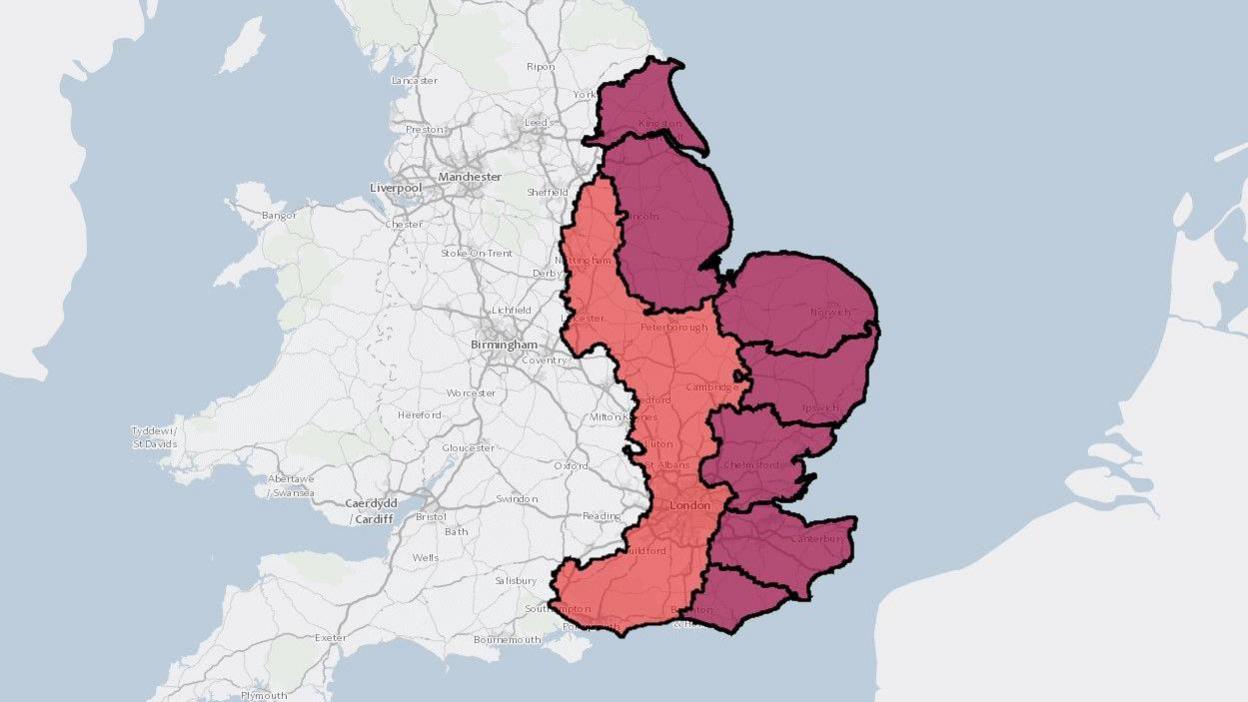
The worst-affected areas are well away from Shropshire on the east coast, with fewer cases in the lighter zone
The advice from Shropshire Council reminds farmers that bluetongue is a "notifiable disease primarily affecting sheep, cattle, other ruminants such as deer and goats, and camelids such as llamas and alpacas; failure to report it is against the law".
The local authority added that it did not affect humans or food safety, but posed significant risks to livestock movement and trade.
The Defra said eight cases of BTV-3 had been detected outside the current restriction zone.
As well as the case in Shropshire, they are in Somerset, Cheshire, Cumbria, North Wales, North Yorkshire and Cornwall.
The department has set up a website, external with information for farmers.
Get in touch
Tell us which stories we should cover in Shropshire
Follow BBC Shropshire on BBC Sounds, Facebook, external, X, external and Instagram, external.
- Published27 September 2024
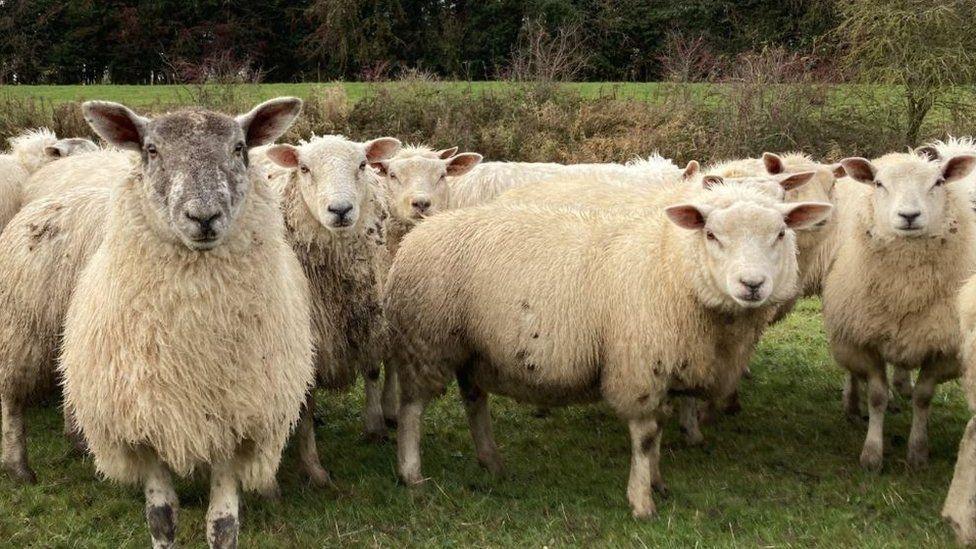
- Published22 September 2024
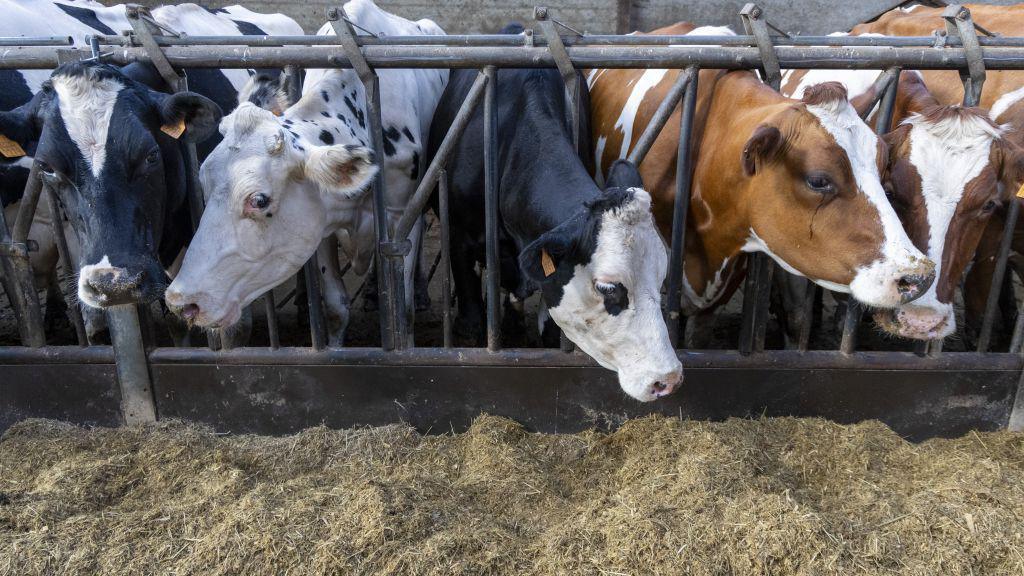
- Published3 September 2024
